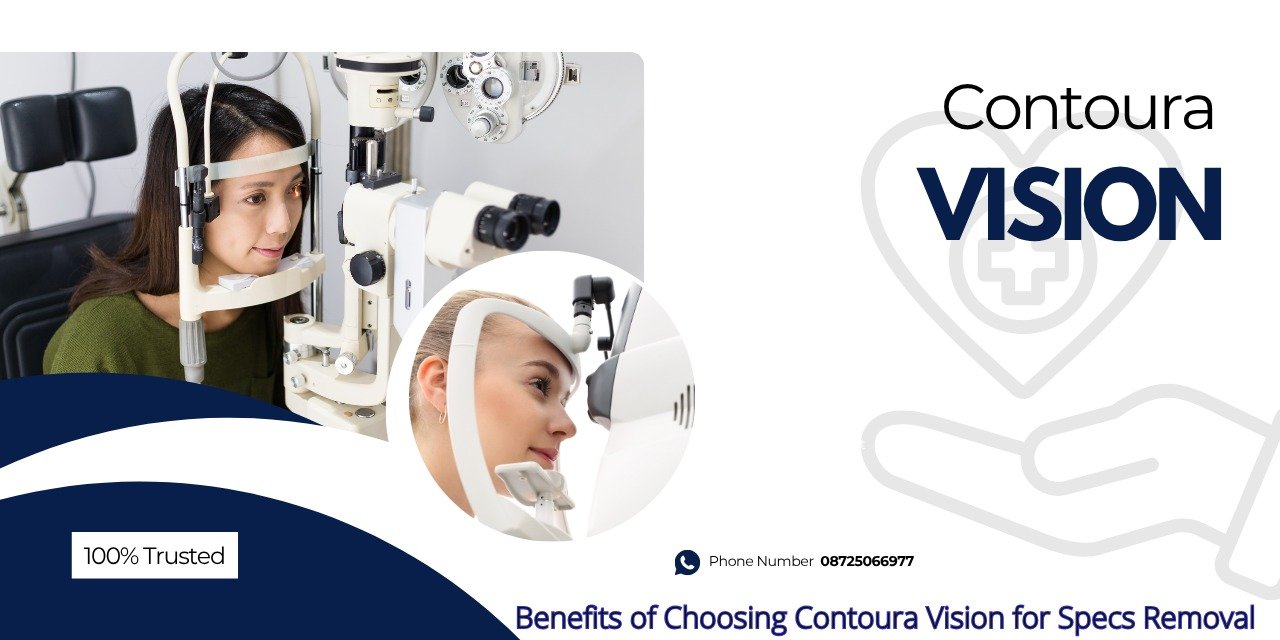Retinal detachment is a serious eye condition that can lead to vision loss if not treated promptly. It occurs when the retina, the thin layer of tissue at the back of the eye, separates from its supportive tissue. Understanding the symptoms and early warning signs of retinal detachment is crucial for timely intervention and better outcomes. In this article, we’ll explore the common symptoms of retinal detachment, the importance of recognizing these signs, and what you should do if you experience them.
What is Retinal Detachment?
Retinal detachment can be classified into three main types:
- Rhegmatogenous Detachment: This is the most common type and occurs due to a tear or break in the retina, allowing fluid to seep underneath it.
- Tractional Detachment: This type happens when scar tissue on the retina’s surface pulls it away from the underlying tissue.
- Exudative Detachment: In this type, fluid accumulates beneath the retina without a tear, often due to underlying conditions such as inflammatory disorders or tumors.
Each type requires prompt diagnosis and treatment to prevent permanent vision loss.
Symptoms of Retinal Detachment
Recognizing the symptoms of retinal detachment is vital for seeking timely treatment. Here are some common symptoms:
1. Sudden Increase in Floaters
Floaters are tiny specks or strings that float in your field of vision. While they can be a normal part of aging, a sudden increase in floaters may indicate a problem. If you notice a significant change in the number or appearance of floaters, it’s essential to consult an eye specialist.
2. Flashes of Light
Many people experiencing retinal detachment report seeing flashes of light in one or both eyes. These flashes can be caused by the retina being pulled or tugged as it detaches. If you notice flashes, especially if they accompany other symptoms, it is crucial to seek medical attention immediately.
3. Shadow or Curtain Effect
One of the hallmark signs of retinal detachment is the perception of a shadow or curtain descending over your vision. This sensation may start in one part of your field of vision and gradually expand. If you experience this, it could mean that the retina is detaching and you should seek treatment as soon as possible.
4. Blurred or Distorted Vision
Blurred or distorted vision can also indicate retinal detachment. This distortion may appear as wavy or bent lines in your vision. If you notice any changes in how objects appear, especially straight lines that look wavy, contact an eye care professional without delay.
5. Loss of Peripheral Vision
A loss of peripheral vision or tunnel vision can be another alarming symptom. If you find it difficult to see objects on the sides of your visual field, it could be a sign of retinal detachment. This symptom often requires immediate evaluation.
Importance of Early Recognition
Timely recognition of these symptoms is crucial in ensuring the best possible outcome for individuals at risk of retinal detachment. If the retina is not reattached promptly, the risk of permanent vision loss increases significantly.
Here’s why early detection matters:
- Prevention of Vision Loss: Early treatment can save your vision. The sooner you receive care, the better the chances of a successful outcome.
- Less Invasive Treatment Options: Early intervention may allow for less invasive procedures, which can lead to faster recovery times and less discomfort.
- Improved Overall Eye Health: Addressing retinal issues promptly helps preserve not only the affected eye but also your overall eye health.
What to Do If You Experience Symptoms
If you experience any of the above symptoms, it’s essential to act quickly. Here’s what you should do:
- Do Not Delay: Contact your eye doctor or visit the nearest emergency eye care facility. Delaying treatment can have serious consequences.
- Describe Your Symptoms: When speaking to your doctor, provide a detailed description of your symptoms and when they began.
- Follow Up: If you are diagnosed with a retinal detachment, follow your doctor’s treatment plan closely and attend all follow-up appointments.
Conclusion
Retinal detachment is a critical eye condition that requires immediate attention. Understanding the symptoms and early warning signs can significantly impact the outcome. If you notice sudden changes in your vision, such as an increase in floaters, flashes of light, or a curtain-like shadow, do not hesitate to seek medical advice.
For expert care and retina treatment in Zirakpur, consult Dr. Neha Khanna at Atmos Superspeciality Hospital. With her experience and the hospital’s advanced facilities, you can be assured of receiving the best treatment for your retinal issues. Your vision is precious; act swiftly to protect it. To get more information please contact us on : +918866438664













